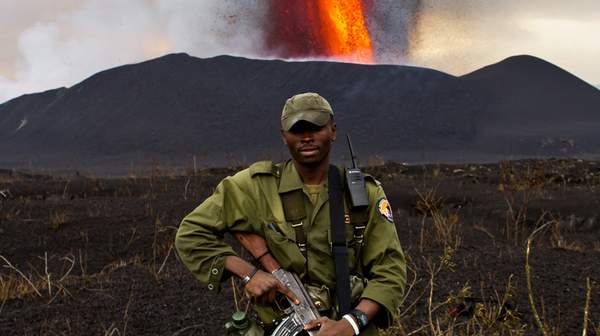10 Movies on Netflix That Will Absolutely Blow Your Mind
Thought-Provoking is a mood on agoodmovietowatch, it is one of our favorites because there is nothing like walking out of a movie feeling to have grown up intellectually during it. Below we count down our most favorite thought-provoking and mind-bending movies, you can browse all our suggestion moods here.
agoodmovietowatch, as its name indicates, only suggests good movies. To do that we pick highly-acclaimed movies by both critics and viewers, then narrow them down to the ones that didn’t make a huge splash at the box office or which didn’t get the attention they deserved. This way we can suggest movies you will love, but haven’t watched yet.
Jump to the top 10:
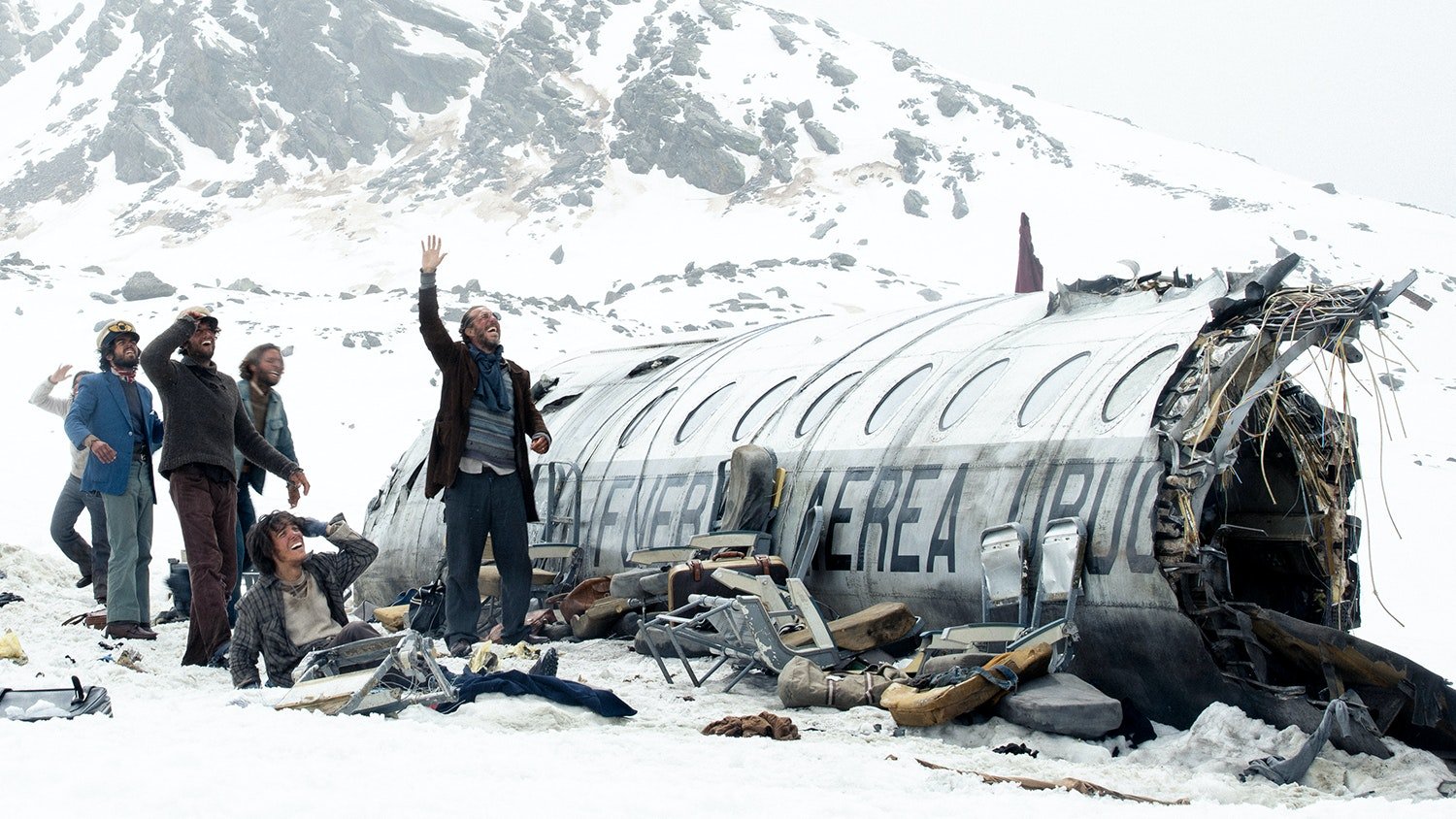
Real life tragedies, especially one that’s as sensationalized as the Miracle in the Andes, can be tough to depict on screen. On one hand, the film has to keep true to the story but also maintain some form of spectacle to keep people watching. Past depictions of the 1972 crash are preoccupied with the cannibalism portrayed by big name actors, but Society of the Snow takes a different route. The actors are newcomers, the threats to their lives don’t require daring action stunts, and the cannibalism is limited to small chunks indistinguishable from animal meat. Instead, the spectacle of Society of the Snow is the human spirit– the vulnerability, the respect, and the generosity they’ve given each other in order to survive. It’s still an uncomfortable watch, especially since we get to know some of the survivors before the crash, but it’s definitely a transcendent addition to the genre dedicated to the miracle of existence.
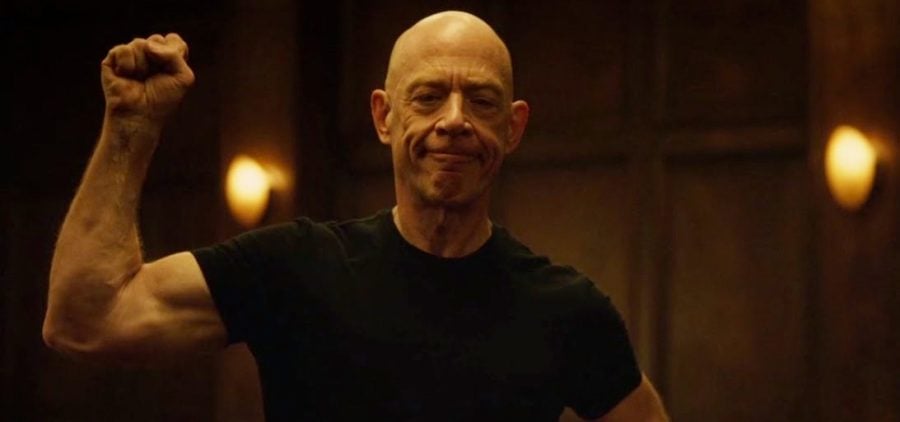
Miles Teller plays Andrew Nieman, an ambitious young jazz drummer striving for greatness, who is edged towards breaking point by the sadism of his teacher and conductor, Terence Fletcher, played expertly by J.K. Simmons. Fletcher insults him, pressures him, and makes him cry in front of all his peers. Directed by Damien Chazelle, who was one of the youngest people to receive a Golden Globe and an Academy Award for the powerful La La Land, the aptly titled Whiplash poses some intense questions about artistry and ambition. Will Andrew survive? Will it lift him to a higher artistic level? Can his tormentor be appeased through accomplishment? It’s almost impossible to single out the best part of this film, considering the flawless performances, masterful script, and meticulously crafted soundtrack. Cherishing the existential artist without giving easy answers, Whiplash is an inspiring watch.
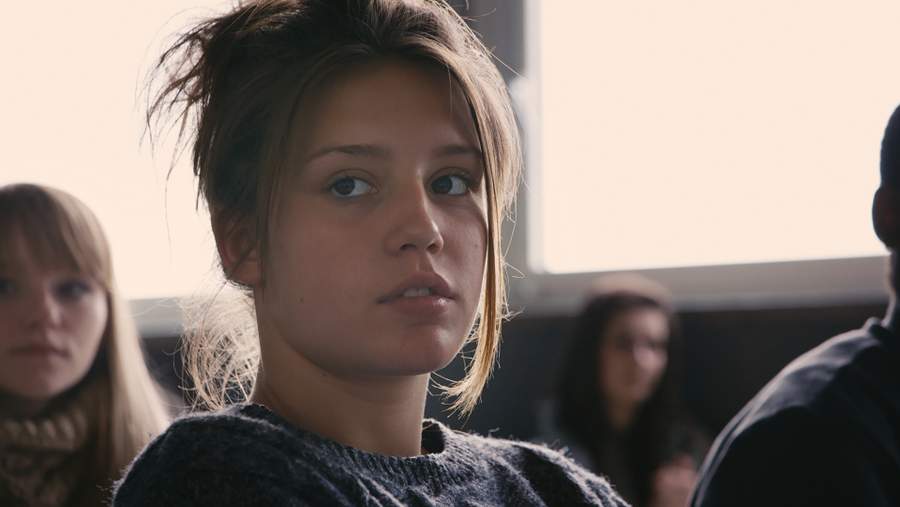
More simply called La Vie d’Adèle in its native language, this French coming-of-age movie was hugely successful when it came out and was probably one of the most talked-about films of the time. On the one hand, the usual puritans came to the fore, criticizing the lengthy and graphic sex scenes. On the other hand, Julie Maroh, who wrote the source material that inspired the script, denounced Franco-Tunisian filmmaker Abdellatif Kechiche for directing with his d*ck, if you don’t mind me saying so, while also being an on-set tyrant. Whatever you make of this in hindsight, the only way to know is to watch this powerfully acted drama about the titular Adèle (Adèle Exarchopoulos), and her infatuation with Emma, a free-spirited girl with blue hair, played by Léa Seydoux. The film beautifully and realistically portrays Adele’s evolution from a teenage high-school girl to a grown, confident woman. As their relationship matures, so does Adèle, and she slowly begins to outgrow her sexual and philosophical mentor. Whatever your final verdict on the controversial sex scene, Blue Is the Warmest Color is without doubt an outstanding film as are the performances from Exarchopoulos and Séydoux.
Orlando von Einsiedel’s epic documentary is at once a stunning natural film, an intimate human drama, and an intense political thriller slash investigative report. The titular Virunga National Park, a UNESCO world heritage site in Eastern Congo, serves as the magnifying glass through which we witness the natural, human, and political crisis of this embattled and volatile region. There are poachers killing endangered gorillas, the bloody business of Big Oil companies, government forces fighting a myriad of militias, and, lastly, the three individuals struggling to protect Virunga and its mountain gorillas from death and destruction. The result is a snap-crackle-pop-type situation, like sitting on a powder keg. The film captures all this superbly with great editing, compelling real-life material, and gripping action. Virunga’s intensity can rival a well-made fictional thriller any day of the week.
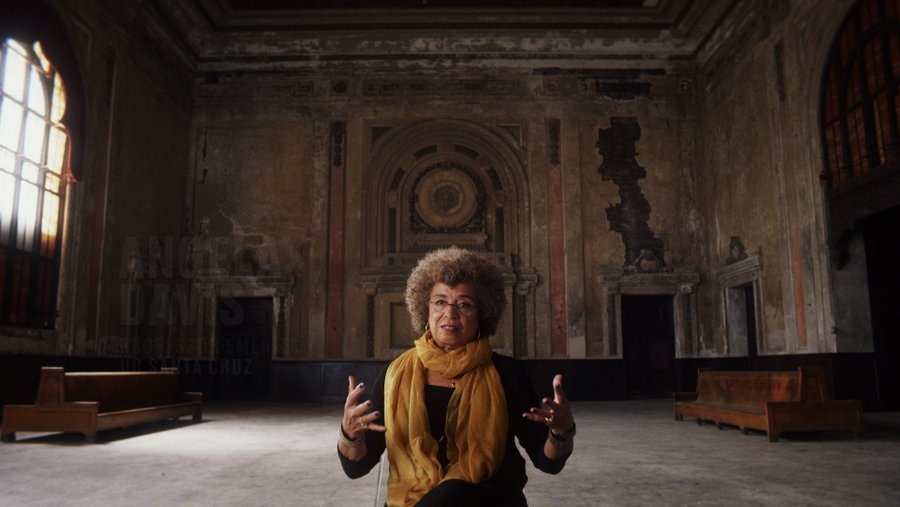
From Selma director Ava DuVernay, 13th addresses the second clause of the 13th amendment: “Neither slavery nor involuntary servitude, except as a punishment for crime whereof the party shall have been duly convicted, shall exist within the United States.” A clause that was immediately exploited and for which the consequences and interpretations explain a significant part of the current American societal landscape. What also unfolds is a highly instructive and thought-provoking film that deals with the idea of progress, and justly pays tribute to the horrifying number of lives mass criminalization ruined.
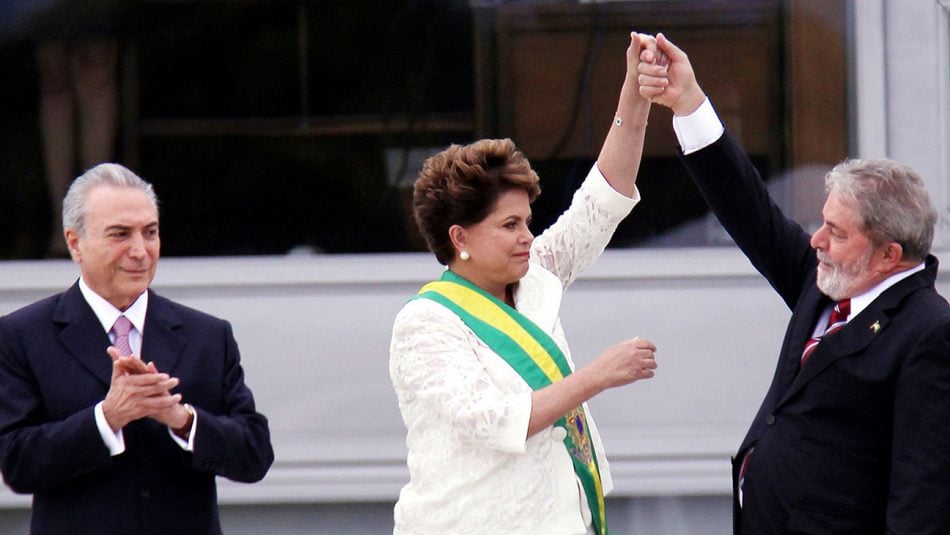
In this powerful documentary, Brazilian filmmaker Petra Costa intertwines her own family history with the democratic journey of her home country. As she says herself, Costa and her country’s democracy are of the same age. This is not the only reason why she was uniquely positioned to make a film like this: her parents were left-wing activists in the 1970s, who went to jail for their beliefs, while her grandparents were part of the ruling class have made Brazil’s strong-man politics and right-wing backlash possible. Her mother was held at the same prison that ex-president Dilma Rousseff (2011-2016) was sent to. Costa tells the story of Rousseff’s demise as well as that of Luiz Inácio da Silva (2003-2011) aka Lula, whose future remains up in the air. The Edge of Democracy is thus a gripping and urgent warning that democracy in the world’s sixth most populous country is under attack. In content and form, Costa is obviously opinionated, but she makes a strong point.
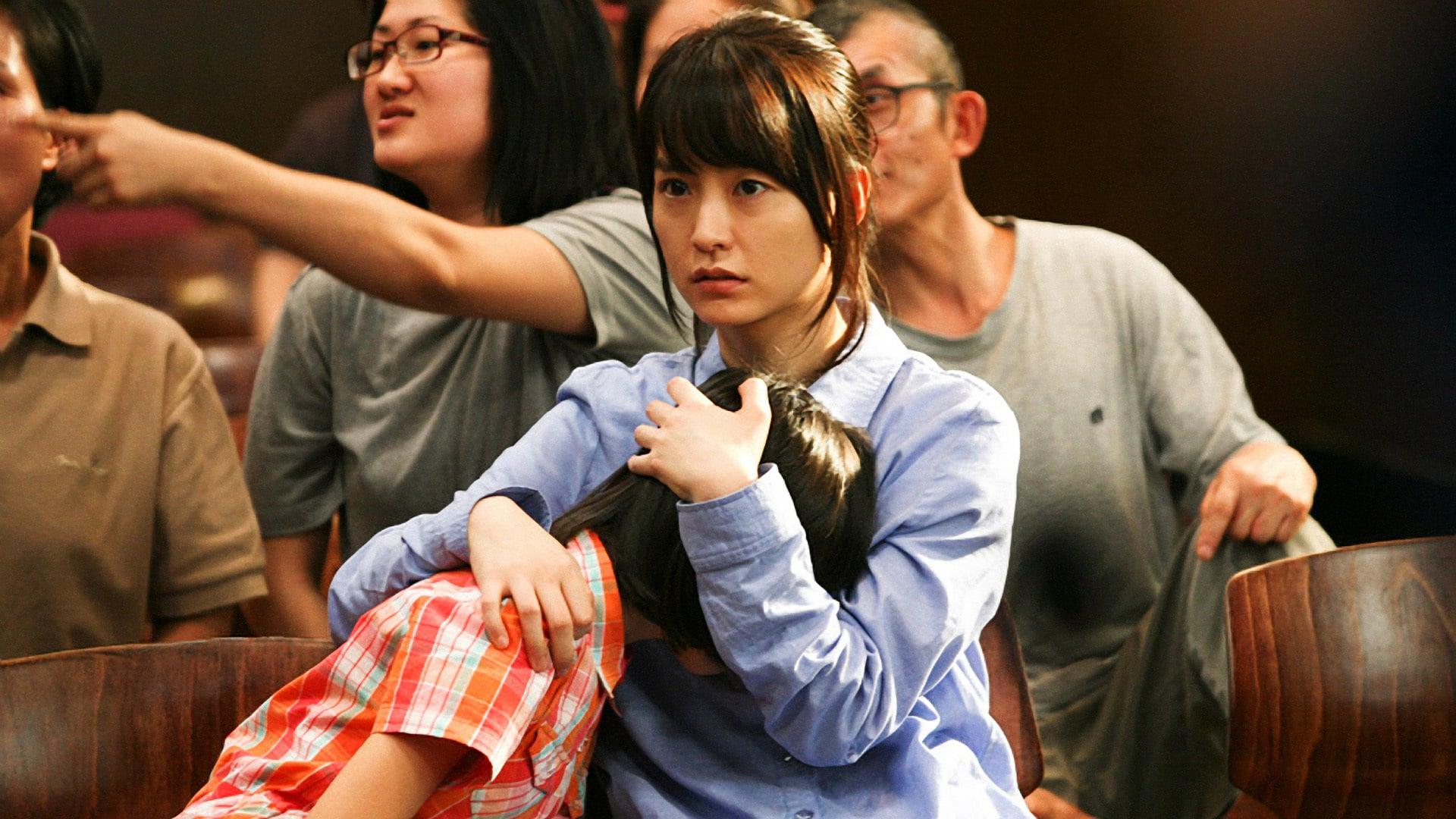
Abuse is bad and should be reported, full stop. But it’s not so easy to do so, when abusers stay in positions of power, and the people who are assigned to keep them in check are cowardly against them. Silenced depicts true crime novel The Crucible, which in turn, is based on a real life case of the Gwangju Inhwa School. Through the perspective of a new art teacher, Silenced systematically outlines how difficult it is to deliver justice, from the way the school administration bribed police and the education department, to the way the court didn’t even think to hire a deaf interpreter. It’s a horrific watch, but the intensity of the depiction was needed, given that this film’s release pushed South Korea’s government to change their laws and the actual school shut down within the same year.
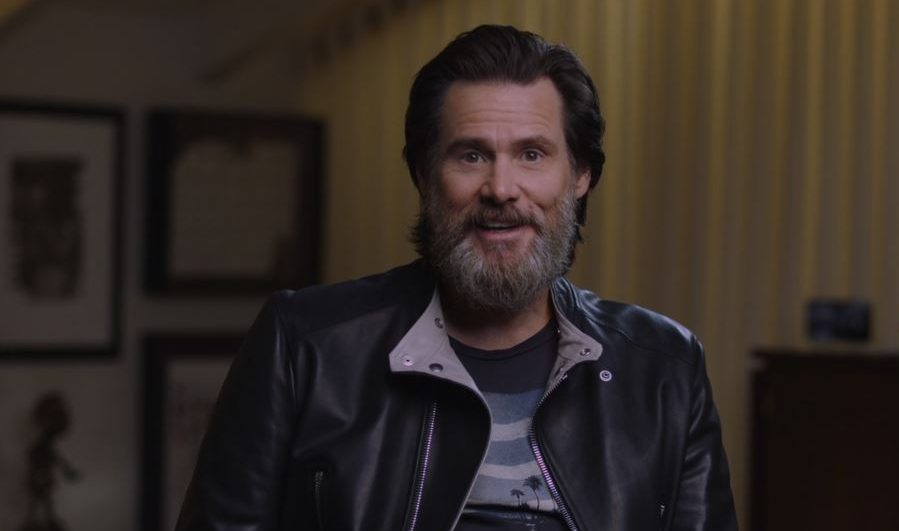
After his first serious role in The Truman Show in 1998, Jim Carrey got a shot at playing his idol, the late comedian and performance artist Andy Kaufmann, in Man on the Moon in 1999. When he got the role, a role of a lifetime, Carrey decided to honor Kaufmann’s legacy by transforming into him (and his alter ego Tony Clifton) and, in true method-acting fashion, never to leave character. Jim & Andy is the result of 100 hours of behind-the-scenes footage shot at the Man on the Moon set, which was withheld for 20 years over fears of Universal Studios that people would think Carrey was an a**hole. While Carrey was a complete and utter imposition to the film’s director, Miloš Forman, and everybody else on set, including Danny DeVito, his transformation (or obsession) was a unique, transformative experience for Carrey, who had been sick of fame and acting before he took on this gig. Whether you buy into this view or see it as a vanity piece of a complete maniac, this is one of the most unique and insane documentaries on Netflix. A mind-blowing portrayal of a complex mind.
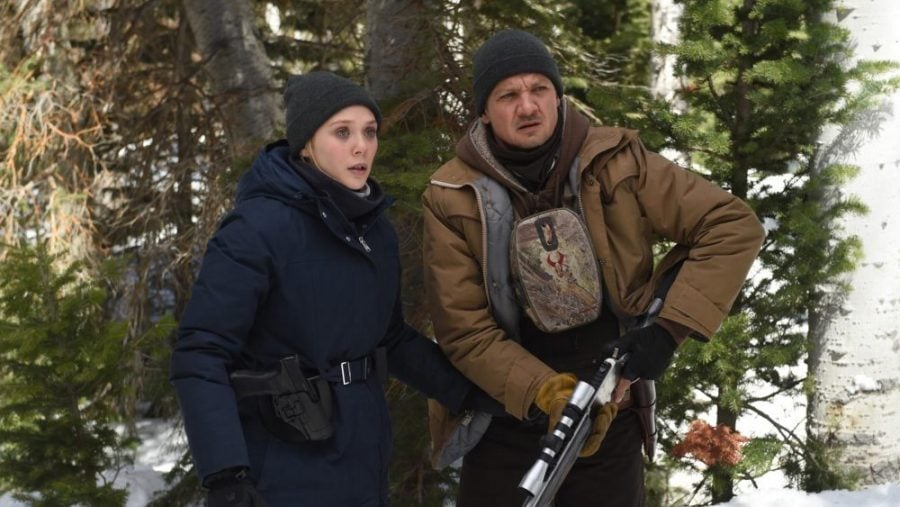
Phenomenal and heartbreaking, Wind River is a true masterpiece by Taylor Sheridan, the man behind Sicario and Hell or High Water. In a Native American Reservation, a local girl is found dead and a young detective (Elizabeth Olsen) tries to uncover the mystery. She is accompanied by a tracker (Jeremy Renner) with his own dark history in the community. It’s not a very rewarding movie at first, so don’t expect an incredibly fast-paced story from the get-go. However, when everything unfolds, it’s not only action-packed, its reflections on indigenous communities are deep and poignant. How this remains a relatively known movie is shocking, it has to be one of the best mysteries of the past 20 years.
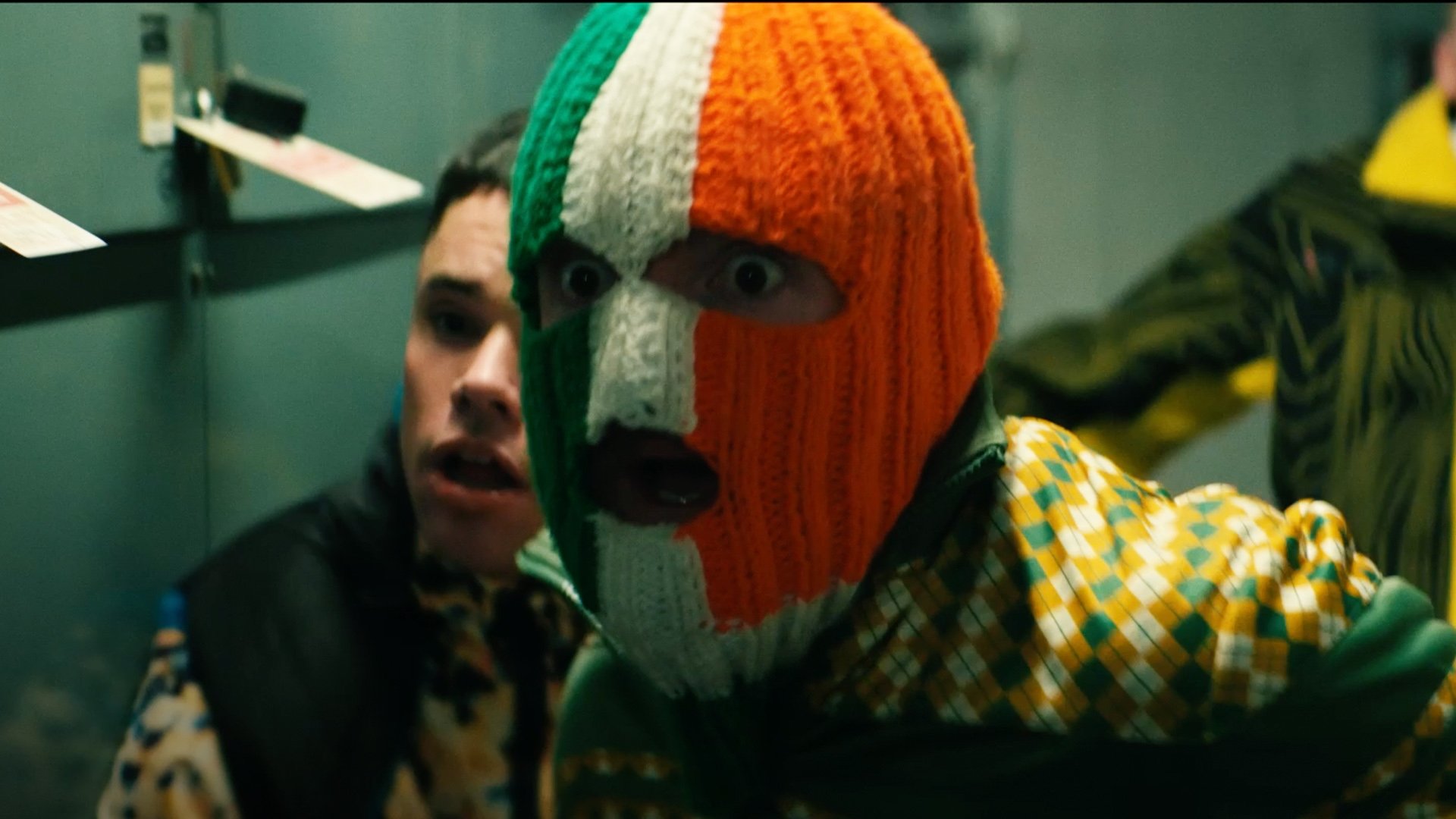
This untamed, high-octane portrait of the Belfast hip-hop trio Kneecap follows real-life members —aliases Móglaí Bap, Mo Chara, and DJ Próvaí, all playing themselves—as they forge a path from lost teens to unlikely cultural icons. Being the first hip-hop act is their native Irish, they’re met with disdain both from their community who think they are misrepresenting the Irish cause (DJ Próvaí translates to DJ Drug Dealer), and from the British for things like playing the same venue where King Charles spoke the night before and one of them exposing their butt with the words “BRITS” and “OUT” written on either cheek.
The story ends up being as much as about the group as it is about identity, artistic freedom, even the Ireland of today – and yet the core of Kneecap, perhaps not just the movie but the group itself, seems focused solely on the importance of having fun while dealing with all of it. The ride is exhilarating, often very funny, and even in tough moments, upbeat. Hang tight.

